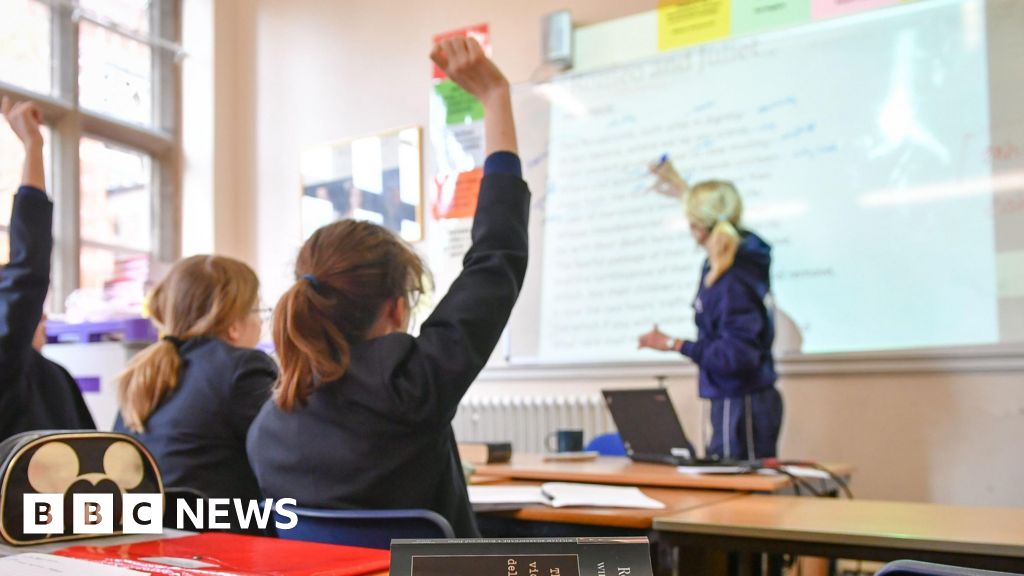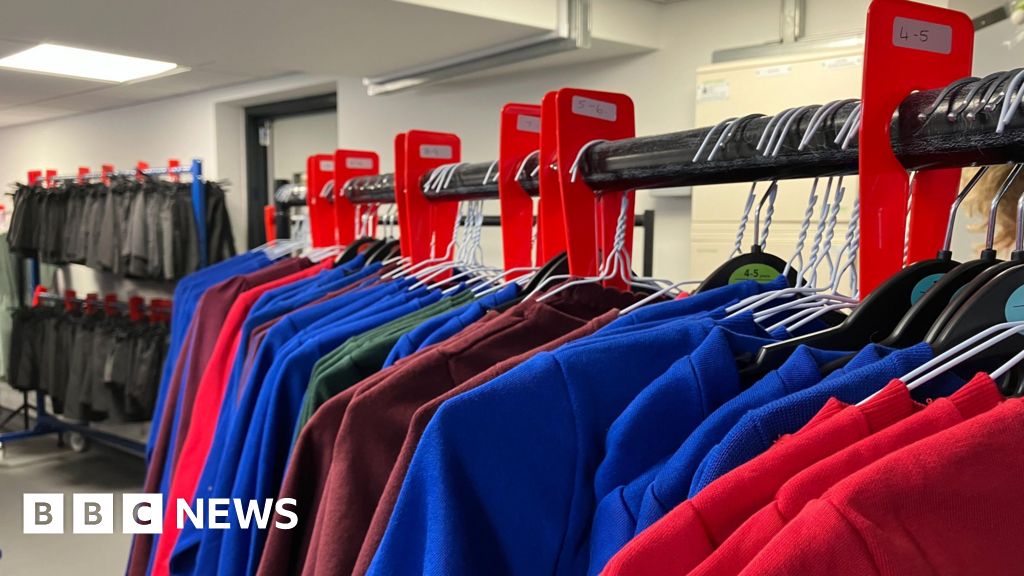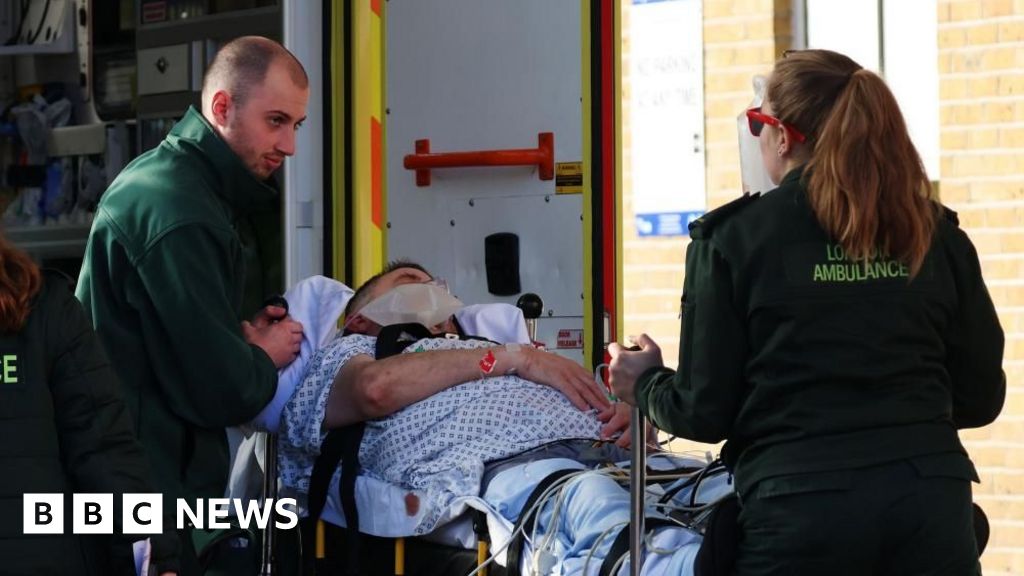ARTICLE AD BOX
Image source, Getty Images
Nicola Sturgeon is to unveil the Scottish government's plans for managing the Covid-19 pandemic in a "much less restrictive" way in future.
The first minister will present a new "strategic framework" to MSPs in a Holyrood statement after 14:00.
It comes after Prime Minister Boris Johnson announced that all legal restrictions will end in England.
Ms Sturgeon said her aim was to get back to normality while maintaining "vigilance" against future outbreaks.
Her statement could detail when existing restrictions are to be lifted, although the first minister has cited testing and isolation as examples of measures which could continue to help keep the virus under control.
On Monday, Mr Johnson told MPs that all of England's legal restrictions would be lifted on Thursday - including the requirement to self-isolate for those who test positive - while free mass testing will stop in April.
Routine contact tracing is to end, while close contacts of English positive cases will no longer be legally required to test daily, with the government encouraging people to exercise "personal responsibility" instead.
The prime minister said he would "continue to work closely with the devolved administrations as they decide how to take forward their own plans".
But Scottish ministers have called for clarity about what his announcement means for programmes and funding north of the border, with the mass testing system a UK-wide initiative.
Future variants
Scotland's health secretary, Humza Yousaf, said free testing and isolation rules were effective tools in suppressing the virus and "should remain for as long as the expert public health advice recommends".
He added: "We are clear that the UK government must continue to provide adequate funding to support the ongoing Covid-19 response and to ensure that all parts of the UK have the capability to take the decisions they deem necessary to protect public health, and to address future variants that may emerge."
Questioned about funding in the Commons, Mr Johnson appeared to suggest the Scottish government would have to fund any continued free testing from its existing budgets.
Image source, Getty Images
The Scottish government has been drawing up its own plans for managing the pandemic with fewer restrictions in future, due to be published on Tuesday afternoon.
This could include dates for the ending of current restrictions including the vaccine passport system, along with details about testing and how any new variant could be dealt with.
On Monday, Ms Sturgeon said it was important to "strike the right balance" between getting back to normal and continuing to control the virus.
She said: "There will be a lot of optimism around what I set out, but I've got to be frank with people - we are still in a pandemic of this virus, we know from past experience that new variants can come about and cause new challenges.
"We need to be vigilant and prepared for that, but we also need to manage that risk in a much less restrictive and more sustainable way for the future so we can get back to normal - and retain that sense of normality even as we maintain that sense of vigilance."
Isolation and testing
Ms Sturgeon said certain measures should be seen as "being part of what enables us to live with greater normality", citing isolation and testing as being helpful in minimising the spread of Covid-19.
She said: "Staying at home while we have a virus seems to be to be a sensible thing to do to try and protect that greater sense of normality.
"Similarity with testing, of course we want to move to a situation where we are using testing in a much more targeted way, although we need to continue to have the right infrastructure for surveillance.
"But it's the phasing and timescale in which we do that."
Image source, Getty Images
Ms Sturgeon has said MSPs will be given the chance to debate and vote on the strategic framework, giving opposition parties the chance to outline their own proposals.
The Scottish Conservatives have urged the government to put greater emphasis on "trusting the public to act responsibly", while phasing out the mass testing system and setting up long Covid clinics.
Health spokesman Dr Sandesh Gulhane said: "With the data on the virus being much more encouraging, we have to move away from blanket restrictions and instead trust the public to do the right thing."
Scottish Labour stressed that "the virus has not gone away", urging ministers in Edinburgh and London to co-operate rather than compete.
Deputy leader Jackie Baillie said: "When the people of Scotland most need co-operation between both of Scotland's governments, we are faced with the prospect of them taking opposing positions on the easing of restrictions.
"Both governments must make decisions that are grounded in science and in the real world."
Meanwhile, the Scottish Lib Dems want the government to drop the Covid passport scheme, with leader Alex Cole-Hamilton calling it "illiberal and ineffective".

 3 years ago
39
3 years ago
39








 English (US) ·
English (US) ·